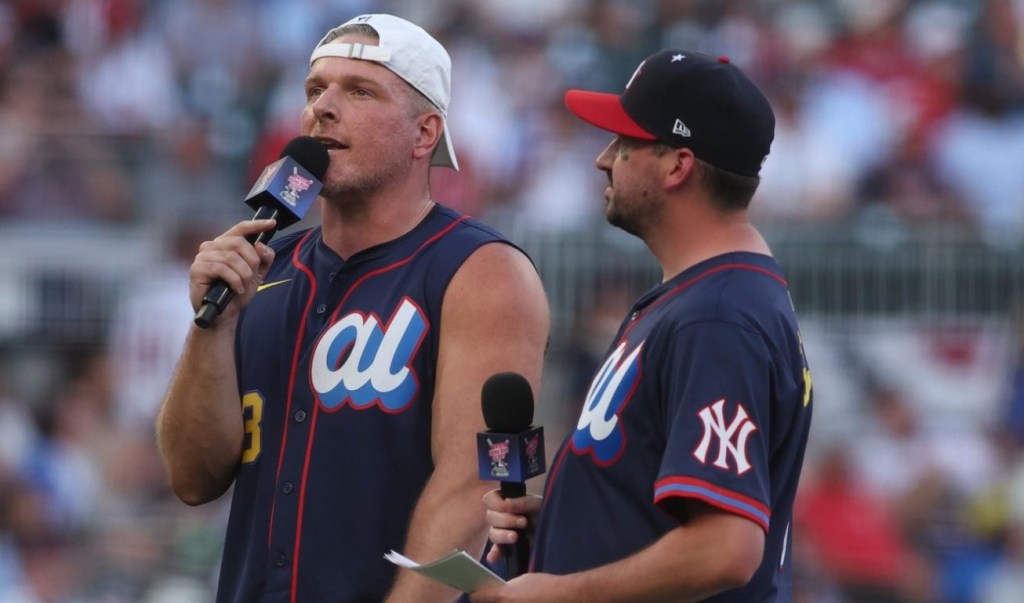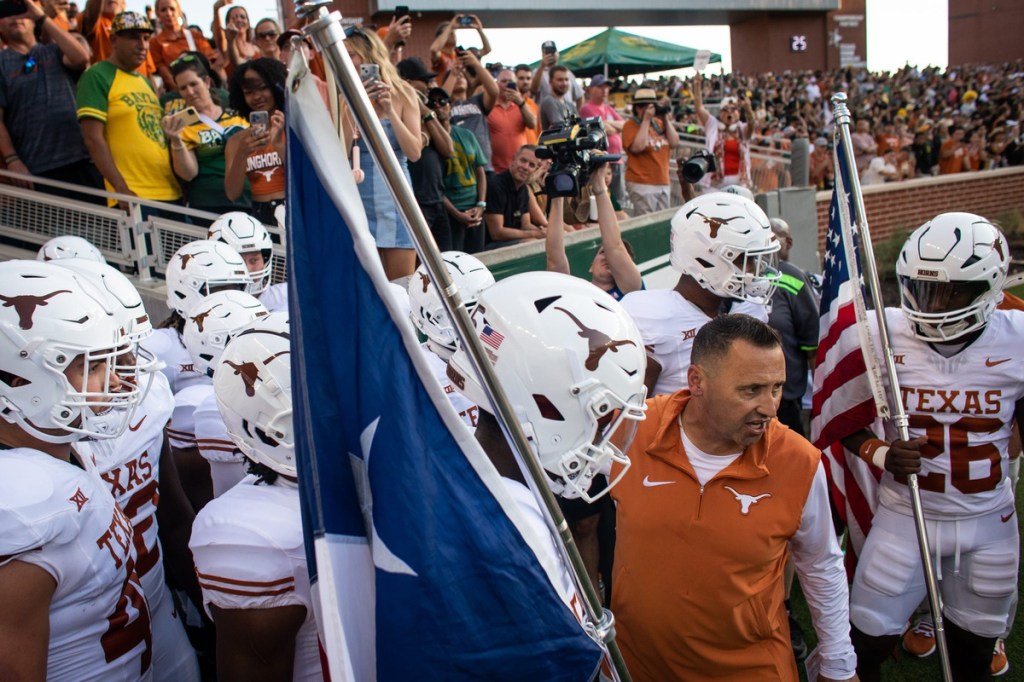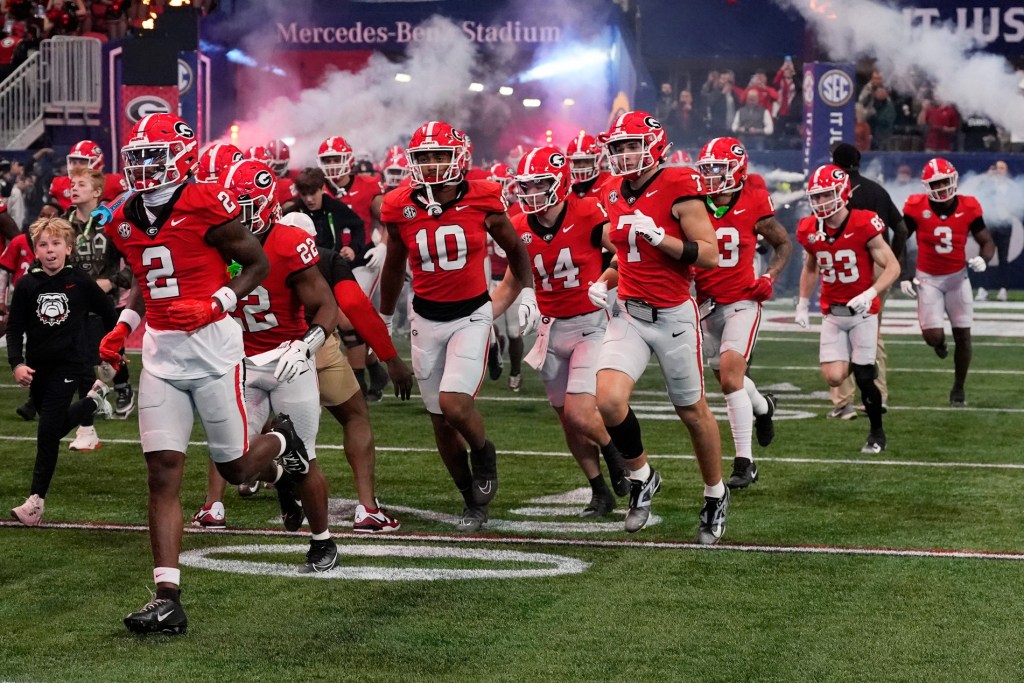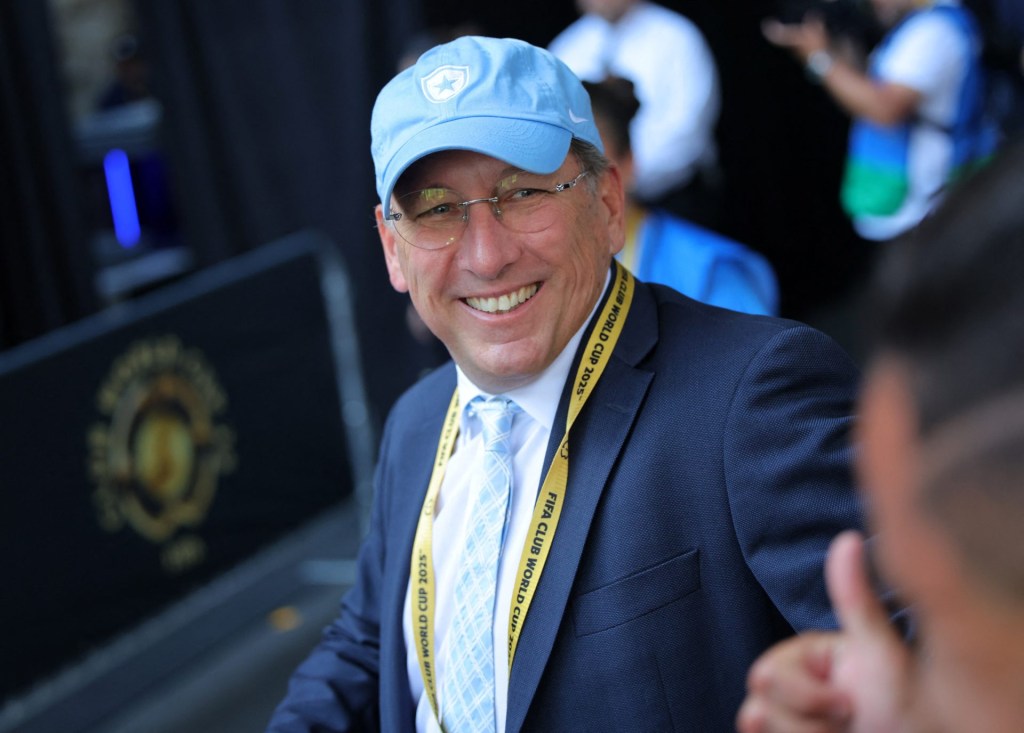By: Adam White, @FOSAdam
Front Office Sports is proud to have sat down with distinguished academician and a proven sports marketing practitioner Dr. Bill Sutton, Founding Director, Sport and Entertainment Management MBA Program at University of South Florida and Principal of Bill Sutton & Associates. He is an Alumnus of Oklahoma State University, where he received his Bachelor’s, Master’s and Doctoral degrees in Sports Studies. He was gracious enough to sit down with us and offer up his expertise on sports marketing, why you have to be fearless in the sports industry to succeed and why working with David Stern was one of his greatest memories of his distinguished career.
What were your previous positions prior to your current position? How did they help you get to where you are today?
I’ve had numerous positions prior to this position. I have been teaching on and off for 28 years, but I took two breaks in that time span with the first being eight years after I started teaching, when I went to St. Louis to become the Vice President for a sport marketing agency. There I worked on a lot of market research and strategic planning. During my second sabbatical from teaching, I worked for the NBA and eventually became the Vice President of Team Marketing and Business Operations where I stayed for 7 years. I’ve always tried to be a lifelong learner. I tell my students to do this so they can have opportunities that I didn’t have. Being a lifelong learner and having expansive experiences made me a better professor and gave me a great network that I can use for my students.
For people who do not know, can you explain to us what Bill Sutton & Associates is and what the goals of the company are?
My consultant practice is an outgrowth of my experience in the NBA and I work with different teams on increasing their revenue and performance. I’m involved in everything from ticket sales, to sponsorship sales, sponsorship activation. I call myself an organizational chemist because I also help hire, train and develop talent that fits within the framework of the organization that I’m working for.
As Principal of Bill Sutton & Associates, what is your average day like? What are some day to day challenges?
Depends on the day, when I’m consulting I’m on site with the organization I’m working for and I’ll spend one or two days there every so often. While I’m there I’m talking to people, sitting in on staff meetings and giving suggestions. I try to manage it as best as I can, I try to make sure I build what I’m doing consulting wise around my schedule so I can still be available for my students. Working two jobs as both a professor and consulter keeps me busy throughout the year.
As the founding director of the USF Sport and Entertainment Management MBA Program, what sets the program apart from others in the country?
In my eyes, what sets it apart from others is the fact that it is a product of the culmination of my teaching at Robert Morris, Ohio State, UMass, Central Florida and now here. This program is a combination of everything I have learned along the way both teaching and through my time in the industry where I learned their wants, needs and demands. This experience has also allowed me to have great opportunities to place my students. The program has three goals, one was to be able to incorporate the experience of learning more so into the curriculum than I have before, to reduce student debt and to make sure that students were getting placed in careers. We graduated our first class and 18 of the 19 graduates work in the sports industry and one is a lawyer. The way we place people is the fact the program is more of a co-op where they go to school for two years and in the second year students only go to class two days a week and then work 3+ days. They work from August to April and with this comes a tuition waiver, medical coverage, income for the students and experience.
What drew you to being a part of the marketing aspect of sports?
One of my early jobs was as a Program Director for the YMCA and I learned early on that I didn’t have any revenue coming in to market and promote my programs and because of this I got heavily involved in marketing and promoting my programs at the Y and learned that’s how you pay the bills. I was able to incorporate what I was learning at the Y to my graduate school studies at the time.
What is your favorite part about working in the sports industry?
Making a difference is key for me. I love working with teams and helping them create opportunities for themselves to increase their revenue. At the same time, I love having my students involved and seeing how that works and placing them in careers. The most satisfying things are closing a deal not only for a team or client, but for a student with a job.
How have you seen sports marketing change over the years? How do you see sports marketing changing in the future? What changes would you like to see occur?
I just finished the 4th edition of my Sports Marketing textbook. It seems like as soon as we finish a new version something else changes. The growth of social media has completely changed marketing. It’s all about getting a harness on social media, being able to understand it and then use it. You must use the power of it, but understand that you must have a strategy for it.
How important is networking in your eyes?
It’s critical. It is such a small industry that you are dependent on your network. Everybody knows everybody and so if you don’t know anybody that can help you, you’re in a world of hurt because you need help to get a start. You need people who know you and who can speak to your qualifications. You have to have a good network not only when you start, but as you advance your career because you’ll want to hire good people and attract good people and be able to talk to people about ideas and strategies. It is absolutely essential. You have to read the book The Power of Who by Bob Beaudine.
What is the best career advice you’ve been given so far?
Don’t be afraid to fail. That’s what most of us are afraid of. When you’re afraid to fail, you’re actually really afraid to take the risks to see what would happen. Often times fear of failure immobilizes people and they don’t take the chance or take the risk. You can never ask “what if.”
If you had to hire someone right now, what traits would the ideal candidate pose to succeed in the sports industry?
No fear. You can’t be afraid of anything. Someone who can multi-task and who understands technology, is a great networker and someone who is coachable or trainable. I don’t care too much about the skill set, I care more about someone who is able to be taught and coached to be able to do what I need them to do. I’d much rather see characteristic traits. I can teach you how to sell, I can teach you how to do numerous things, but I can’t teach you how to be friendly to people, how to interact and how to write a letter.
As one of the best sports marketing gurus in the industry today, if you were looking at resumes for potential hires/MBA students what is one thing that would make someone stand out from the crowd?
Their references. It always drives me crazy when I see someone who says references available on request. One of the very first things I read and look for is the references. The reason I do that is because I want to see if the person I’m looking at has had any contact with anyone I know because then I have an understanding of who they are, what they are capable of and what this person thinks of them. It’s one of the easiest things for me is to reach out to someone I think highly of and if they have worked with and can speak about what someone can do then I’m all over it. A personal touch is critical.
Of all the positions you’ve held throughout your career do you have any experiences that stand out from the rest?
I’d have to say working for David Stern and how brilliant he is and how smart he is and how much he understands marketing as well as he knows everything else. I had the opportunity to work directly with him for a year and to be in his office every day was great.
















